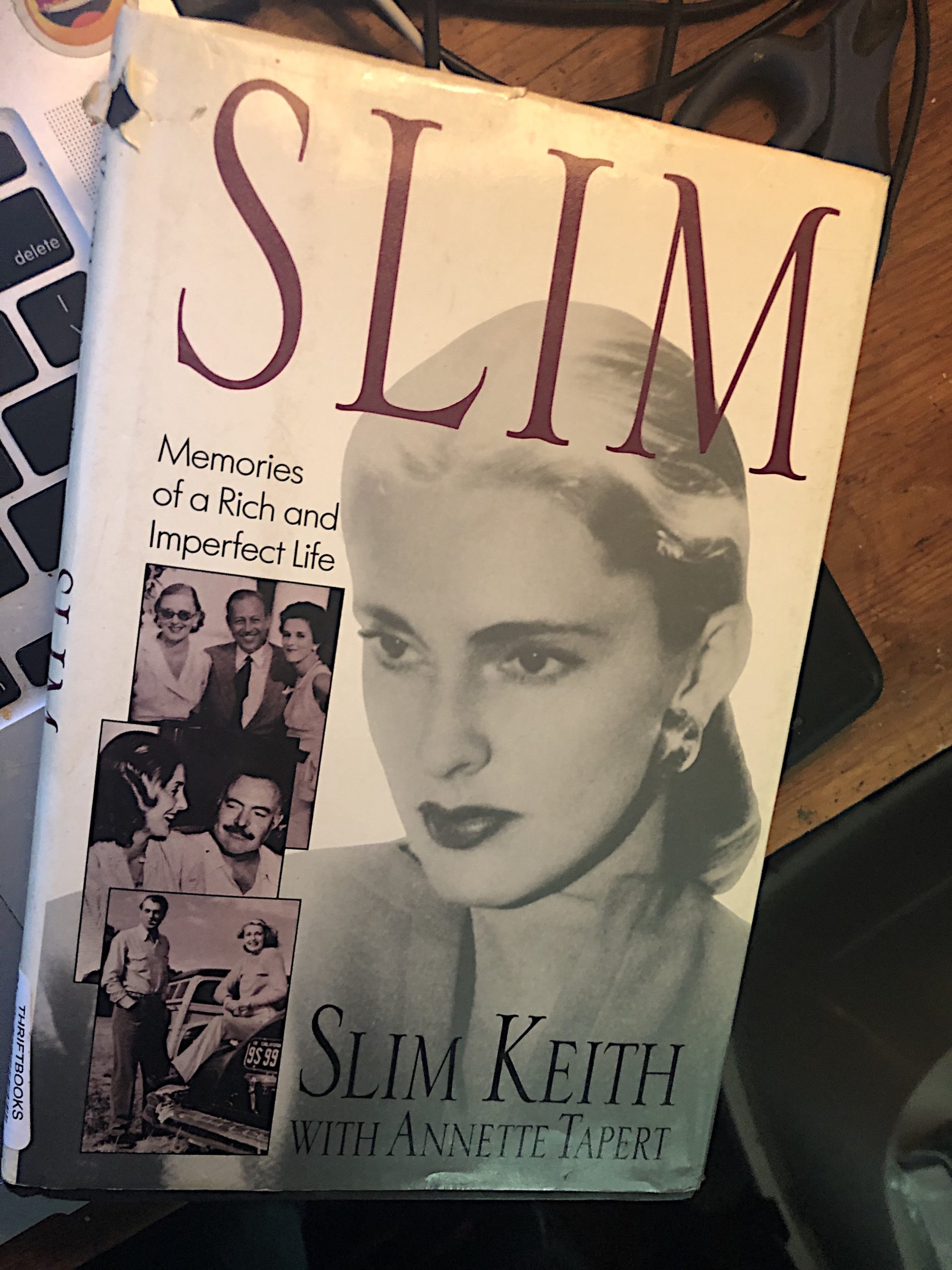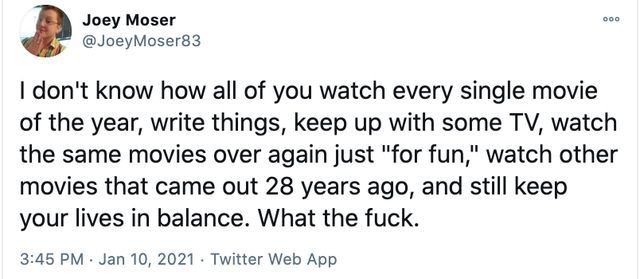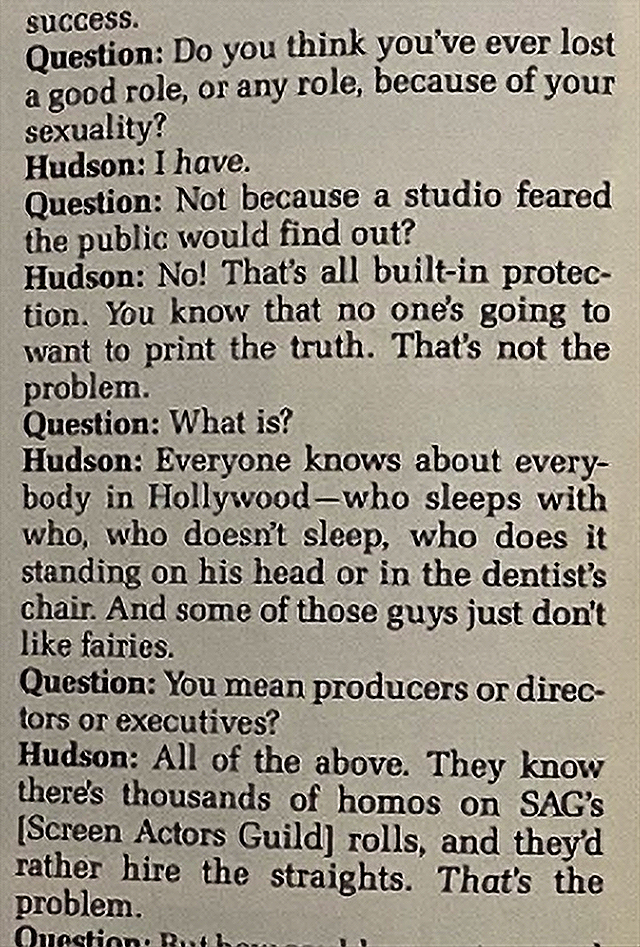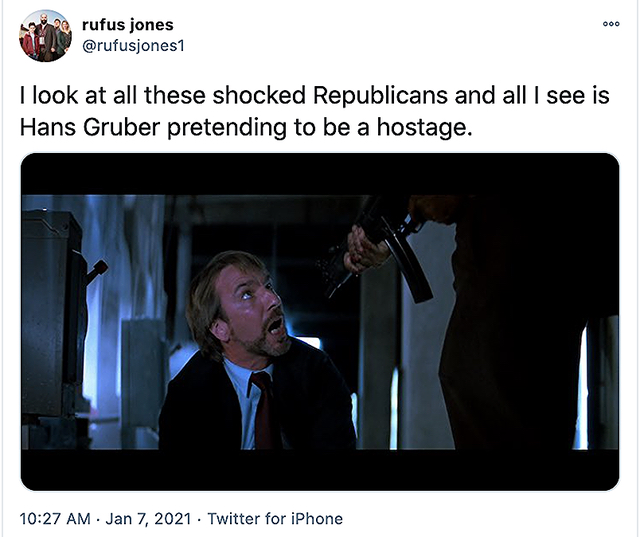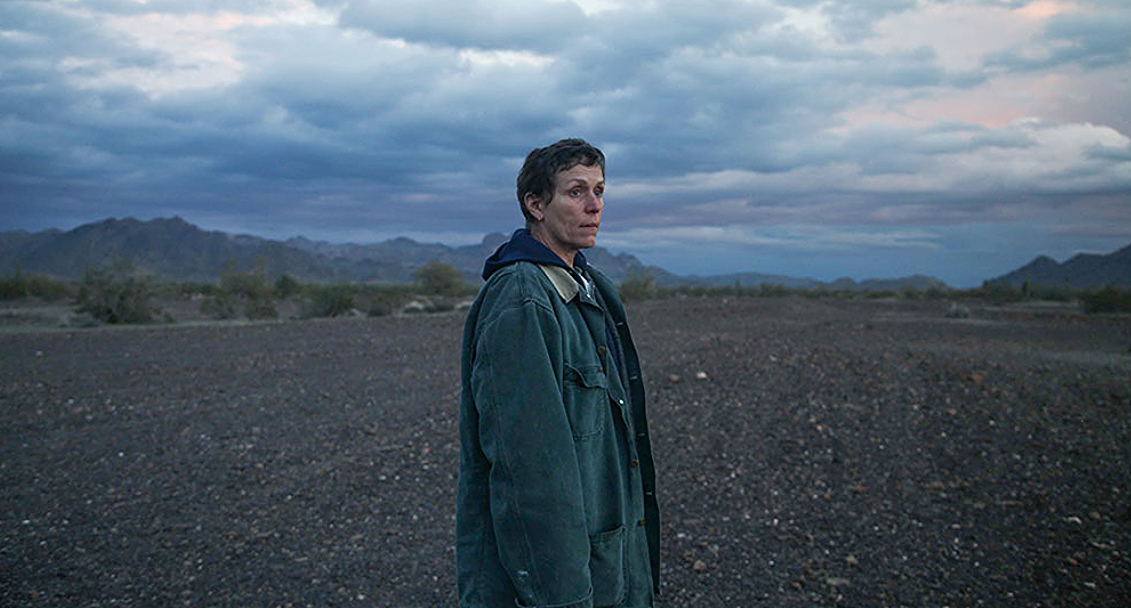Announced earlier today, the National Society of Film Critics awards struck me as fairly predictable in a dweeby, scholarly, wokester-friendly sort of way.
It’s like all the NSFC members live in the same, closed-off little village, which they do in a way, and they pass notes to each other about which films they’re allowed to like and which ones they need to dismiss. They’re like monks living in the Abbey of St. Martin in the French countryside, shuffling around in brown robes and sandals and milking goats in the barn.
The deserving Nomadland won Best Picture and Best Director (Chloe Zhao), but the only awards that made my blood surge were (a) Sound of Metal‘s Paul Raci winning for Best Supporting Actor and (b) Collective winning for Best Foreign Language Film. A part of me wishes they’d given the Best Director trophy to Small Axe‘s Steve McQueen rather than Zhao, but not altogether.
Best Picture: Nomadland
Runners up: First Cow, Never Rarely Sometimes Always
Best Actor: Delroy Lindo, Da 5 Bloods
Runners up: Chadwick Boseman, Ma Rainey’s Black Bottom
Riz Ahmed, Sound of Metal
Best Actress: Frances McDormand, Nomadland
Runners up: Viola Davis, Ma Rainey’s Black Bottom; Sidney Flanigan, Never Rarely Sometimes Always
Best Supporting Actress: Maria Bakalova, Borat Subsequent Moviefilm
Runners up: Amanda Seyfried, Mank; Youn Yuh-jung, Minari
Best Supporting Actor: Paul Raci, Sound of Metal
Runners up: Glynn Turman, Ma Rainey’s Black Bottom; Chadwick Boseman, Da 5 Bloods
Best Director: Chloe Zhao, Nomadland
Runners up: Steve McQueen, Small Axe; Kelly Reichardt, First Cow
Read more

